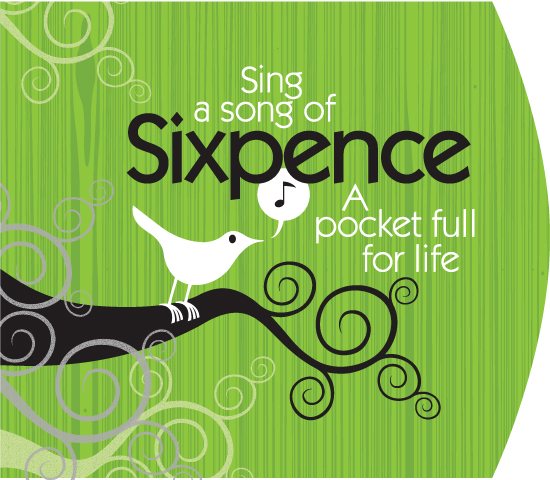What makes any given purchase either a wise investment or an inefficient use of money?
Say you need to purchase a new car, and have a choice between a reliable, fuel-efficient vehicle that meets widely recognized safety standards and is accompanied by a well-documented service record, and another vehicle that has a lower price tag, but little or no information about its efficiency, safety or maintenance history. Odds are, opting for the second car means you will save money up front, but should be prepared to spend more the first time it breaks down, not to mention the second or the third time.
A little consumer common sense tells us that good investments are grounded in research, solid data and informed expectations.
When it comes to how we spend public money on children’s early development, the stakes are much higher than purchasing a car, but the same principles of good consumerism still apply. There are plenty of options for budget-priced, publicly subsidized early childhood services in Nebraska. All too often, these meet only the most basic requirements for licensure, and do fairly little to actively foster the early cognitive skills and character traits that will give our most at-risk children a better chance to succeed in school and beyond. Generally, what we save by purchasing even mediocre early childhood services is spent later as we attempt to narrow the rapidly widening achievement gap during the K-12 years. Allocating our public resources on the assumption that children will somehow emerge from these environments ready for school isn’t just unrealistic and costly—it reflects poorly on our state’s reputation for responsible stewardship.
 It doesn’t have to be this way. In recent years, Nebraska has opened new opportunities for genuine investment in the development of children who stand to lose or gain the most from their earliest experiences. Among these, the Sixpence Early Learning Fund rises to the top as an investment opportunity that meets the most stringent criteria for quality, fiscal accountability and demonstrable results.
It doesn’t have to be this way. In recent years, Nebraska has opened new opportunities for genuine investment in the development of children who stand to lose or gain the most from their earliest experiences. Among these, the Sixpence Early Learning Fund rises to the top as an investment opportunity that meets the most stringent criteria for quality, fiscal accountability and demonstrable results.
Since its inception in 2006, Sixpence has focused on cultivating the kinds of professional practices, interactions and environments known to advance the healthy development of young, at-risk children for a specific objective—preparing them to thrive in Nebraska’s classrooms. In part, Sixpence achieves this by growing the caliber of the educators and program staff who work directly with young children and their families through training and other professional development opportunities. Sixpence also provides guidance to early childhood programs that are striving to improve the quality of their practices and procedures overall, better equipping them to provide consistent, responsibly managed services to the children and parents who rely on them.
But this level of quality can’t be achieved by programs working in isolation. Each Sixpence location across the state represents a dynamic partnership between local school districts, service providers and other key stakeholders that enables individual communities to coordinate their resources more efficiently and effectively. The result? Programs and services that better meet the specific needs of children and families at the local level.
Unique Public, Private Partnership
Sixpence’s insistence on quality programs and efficient partnerships resonates on a broader scale as well. As a statewide initiative built upon a unique combination of public funds and private contributions, Sixpence is subject to fiscal oversight that ensures each dollar invested can be traced to a program or service that advances high-quality opportunities for early learning in Nebraska. This level of oversight is tied directly to a rigorous evaluation process conducted by a team of independent researchers from the University of Nebraska Medical Center’s prestigious Munroe-Meyer Institute, who measure program performance and child outcomes across a comprehensive range of developmental domains. The results of these evaluations are clearly documented—children participating in Sixpence programs show consistent, verifiable gains in the cognition and character traits most closely associated with classroom success. The bottom line: Sixpence is working to close the achievement gap facing some of our youngest, most at-risk children before they even arrive at their first day of kindergarten.
Program quality, accountability and documented results set Sixpence apart as a fiscally prudent and socially responsible investment for Nebraska. But underscoring all of these qualifications is an even more fundamental concept: parents are their children’s first and most important teachers. Sixpence builds the knowledge, competence and confidence of parents of infants and toddlers so they can rise to their ongoing responsibility to guide their children’s education in the earliest years and beyond. Genuine investments are transformative, and transforming Nebraska begins with growing stronger, more capable families.
Nebraska will continue to face decisions every budget cycle about how to support development of its youngest, most vulnerable children. If we decide to cultivate those children rather than spend our limited resources for little or no measurable return, we live up to the qualities of responsibility, practicality and foresight that have traditionally distinguished the character of our state and its people.
And that’s something truly worth investing in.


